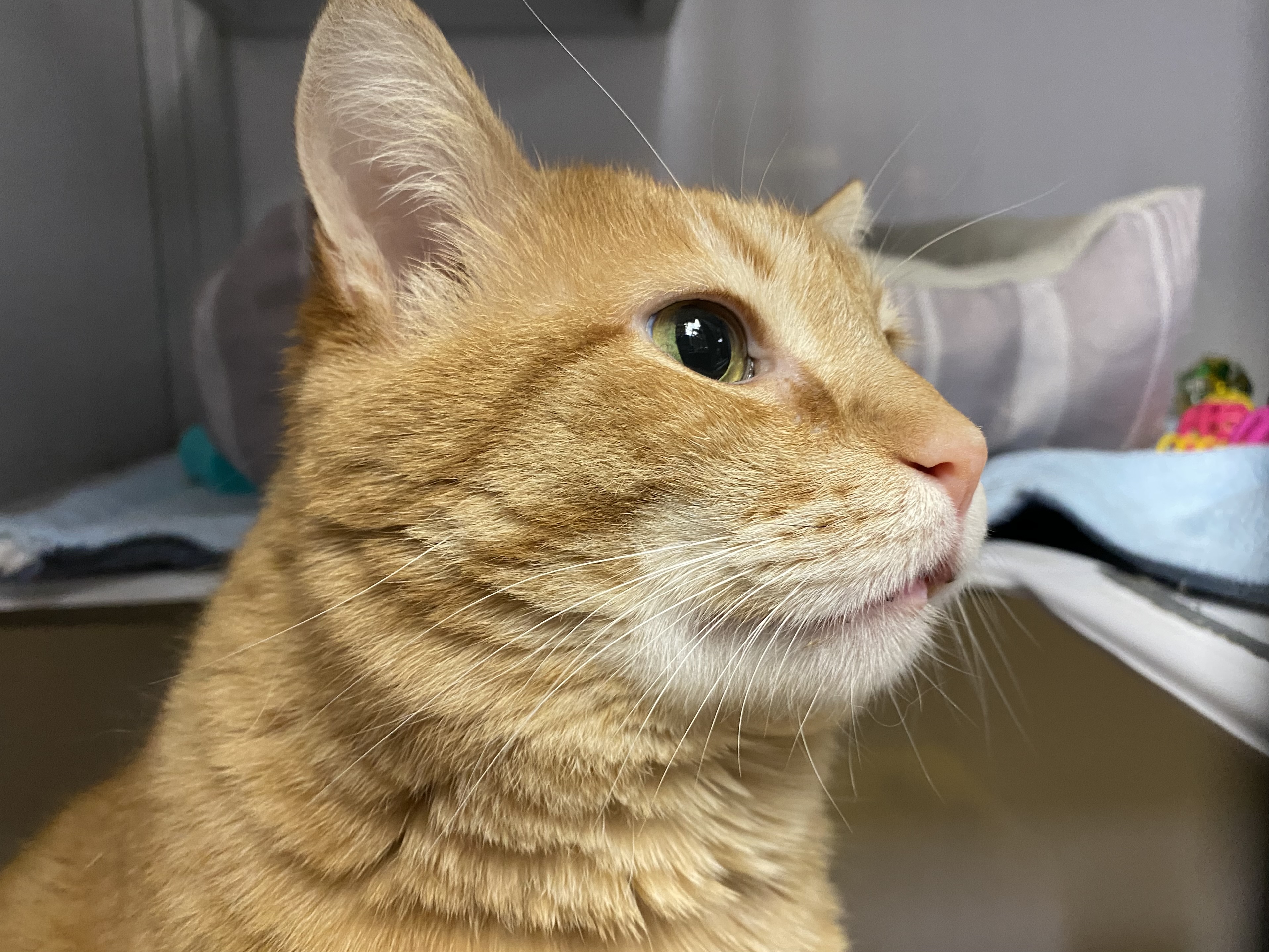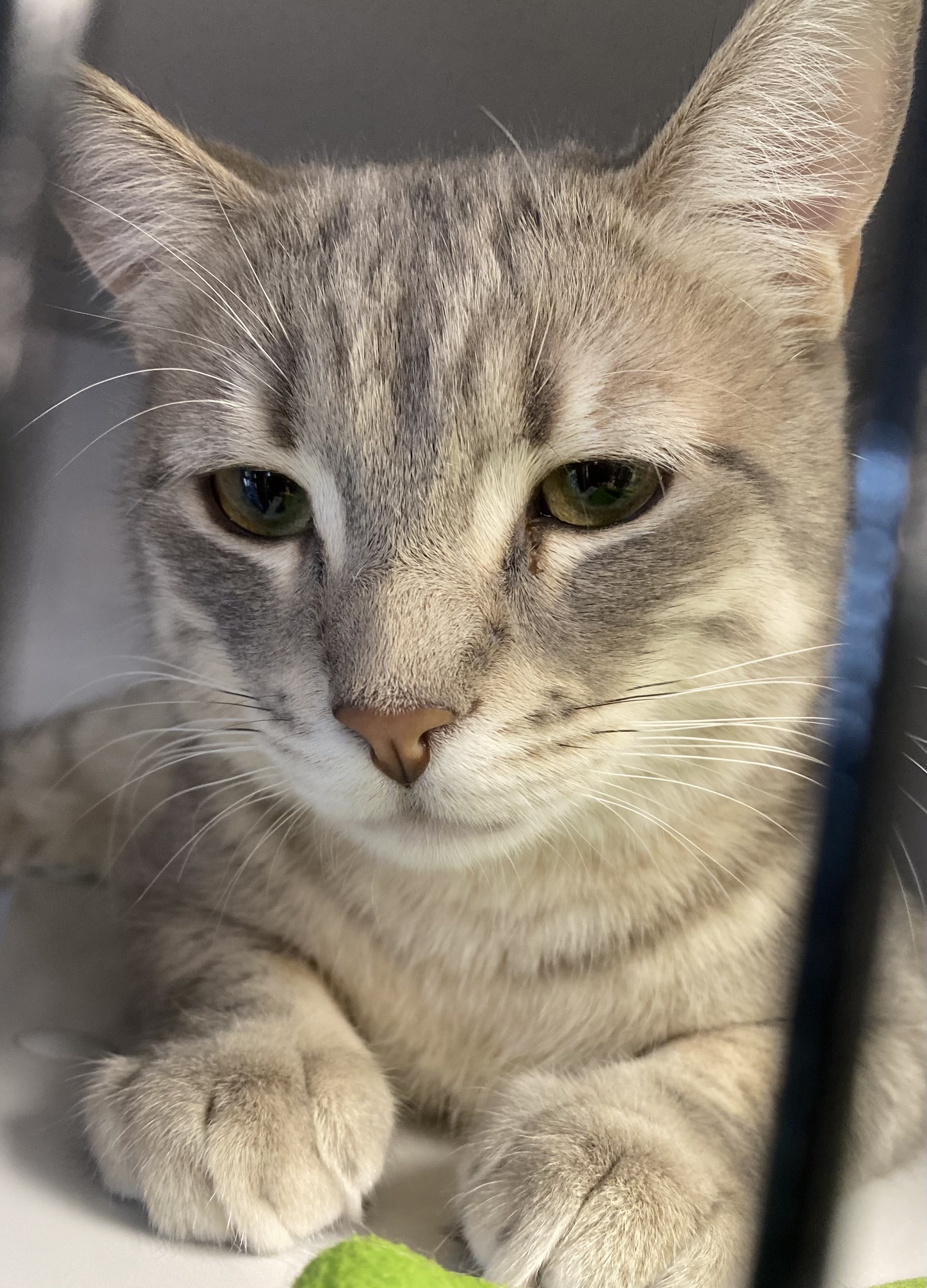Volunteer-run cat shelter seeks donations, local barber helping raise money
MILWAUKEE (CBS58) -- Milwaukee's oldest no-kill cat shelter is still volunteer-run after almost 30 years, and it needs your help to continue its mission.
In 1994, Happy Endings No Kill Cat Shelter began finding permanent homes for unwanted, stray, abused, or feral cats. The non-profit continues that work today, placing over 200 cats in forever homes each year.
For volunteer Laurel Honaker, when she walked into Happy Endings for the first time, she felt like she was in heaven.
"A lot of my life is revolved around the shelter," she said.
From taxing cats to veterinarian appointments to organizing fundraising events, Honaker does a lot. She is just one of the volunteers who take time out of their busy lives to help these cats, who often come in unneutered and without vaccines.
"Every cat here has been to the vet. They get a wellness check, they get their vaccines, tested, treated for worms, and fleas and ticks," Honaker said. "The medical costs are never-ending. We try to do the best we can for all of the cats here."
Barber Nicole Saavedra-Hirsch, the owner of Yes, I Can Fade in Greenfield, adopted a cat from the shelter years ago. Since she is not able to volunteer her time, she is working to raise $10K for the shelter.
"I always grew up believing that if you have the opportunity to help, it's your duty to help," she said.
From telling her clients about her goal to using GoFundMe to bring in donations, Saavedra-Hirsch is determined to help the shelter.
"You know, no matter how unwanted or how injured or how sick, or how cat-like of personality any of the cats have, they have a home forever, and everybody deserves to be loved," she said.
Between online donations through the GoFundMe page and in-person cash and checks, the fund is halfway to the goal, but it is just the tip of the iceberg when it comes to expenses. Every month, the cats eat hundreds of pounds of food, and weekly, they use 800 pounds of litter. Veterinary costs also impact the shelter because they do not euthanize cats.
The fund is halfway to the goal, but it is just the tip of the iceberg when it comes to expenses. Every month, the cats eat hundreds of pounds of food, and weekly, they use 800 pounds of litter. Veterinary costs also impact the shelter because they do not euthanize cats.
"We have medical bills sometimes that run, after the course of a year, 70, 80,000 dollars plus," Honaker said.
The shelter, located at 5349 W Forest Home Ave., is open Thursdays from 6 to 9 p.m. and Saturdays from 11 a.m. to 4 p.m. You can donate online or in person. For more information on how to donate or volunteer, CLICK HERE.
















